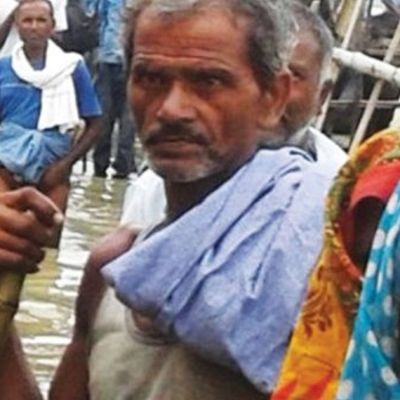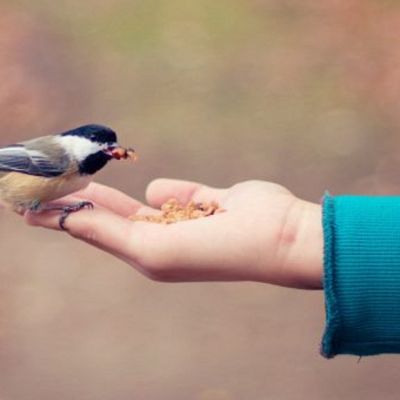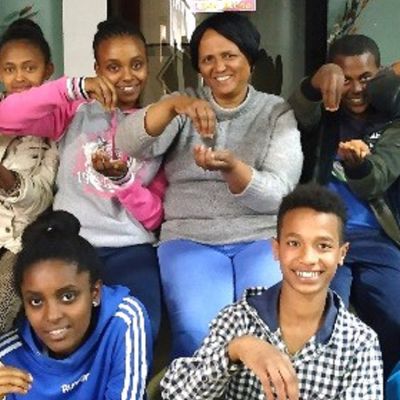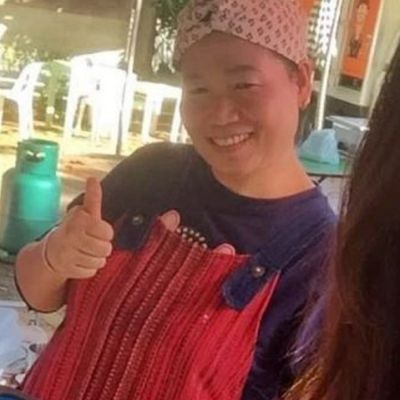Written by: Edward Lai (Senior Communications Officer)
What kind of person would you like to be?
When discussing dreams with youths, despite where they live, they somehow think of being a doctor, pilot, lawyer, teacher or entrepreneur. Dreams may fade in a blink, but it may also be planted in hearts, awaiting to sprout. CEDAR’s Ethiopian partner [1] entered local poor communities, determined on discussing dreams, meanings and values of life with youths.
Ethiopian youths are not different from other kids. They also face problems of identity during their growth: Who am I? Who do I belong to? Why did I come to this world? These questions point to the root: What is my outlook on life?
Our Ethiopian partner adopted Aflatoun International’s education method to help youths discover themselves through games and performance, for instance, exploring their talent and strength, practising problem solving skills. Our partner integrated Christian belief into their teaching to help youths realise that they are beloved children of God. Self-understanding and identity exploration were particularly meaningful to marginalised youths living in poverty.
After that, they were made aware of their rights and responsibilities, which meant appreciating and protecting their own and others’ rights, learning to take up responsibilities that come with their entitled rights. To address the common problem of insufficient care and sexual violence encountered by impoverished Ethiopian youths, our partner encouraged them to stand up and guard their own rights by creating posters with slogans to convey messages of child protection to adults in the community and schools. Furthermore, youths received Aflatoun education tend to pay more attention on community needs, for example, one of the youths discovered tap leakage in the community and asked to repair it, and another youth expressed carefully using their stationery and books for passing to children in need in the community later. This value education enabled children to understand their own role and present themselves as members of the community was essential to their development in the future.
Our partner understood that it would be difficult for impoverished youths to pursue their dreams if they did not overcome their poverty. We encouraged them to record their savings weekly and write up a financial plan for their goals. The youngsters not only formed a saving habit, but also learnt to run a business at a young age. This is the core objective of Aflatoun education: prevent cross-generation poverty by strengthening children’s ability in financial management.
We asked the youths again: what kind of person would you like to be? We heard various answers, yet they added: to become a person who could contribute to others.
[1] Our partner’s full name is Ethiopian Guenet Church Development and Welfare Organization.
Content of this issue
Written by: Edward Lai (Senior Communications Officer) The world experienced the hottest month ever in July [1]. In fact, 2015 to 2019 may have been the hottest 5 years in human history. [2] In recent years, the United Nations (UN) [3] has issued several warnings on the imminent peril of climate crises induced by human activities. Under the same climate crisis, the threats borne by the rich and the poor are totally different. As pointed out by the experts at the UN [4], the rich can use money to mitigate the impacts of global warming, but the poor are almost powerless. They are left to bear the brunt of rising temperature, such as drought, famine and infectious diseases….
Written by: Raymond Kwong (Chief Executive) Mankind is unique in God’s creation because we have been made in God’s image and likeness (Genesis 1:26). We are living beings (Genesis 2:7) and we have been granted stewardship to take care of all other forms of creation (Genesis 1:28-29; 2:15). These are mankind’s intended identities. Unfortunately, when sin enters the world, these identities are distorted. Our stewardship has been altered beyond recognition. Mankind’s role has morphed from stewards of God’s creation into owners, or even exploiters. God’s creation should have received mankind’s love and care, but now it has become an instrument for personal gain. This simply goes against God’s intention in Creation! Jesus Christ’s salvation is to enable mankind…
Written by: Edward Lai (Senior Communications Officer) What kind of person would you like to be? When discussing dreams with youths, despite where they live, they somehow think of being a doctor, pilot, lawyer, teacher or entrepreneur. Dreams may fade in a blink, but it may also be planted in hearts, awaiting to sprout. CEDAR’s Ethiopian partner [1] entered local poor communities, determined on discussing dreams, meanings and values of life with youths. Ethiopian youths are not different from other kids. They also face problems of identity during their growth: Who am I? Who do I belong to? Why did I come to this world? These questions point to the root: What is my outlook on life? Our Ethiopian partner…
Banner Image: Sarah Hong (far right) Written by: Sarah Hong (Participant of CEDAR’s Exposure Trip 2018) The world God first-created was in a stable and balanced peaceful condition, which illustrated Shalom. He gave us the responsibility to manage the land. Yet, we failed our task, destroyed the land and its eco-system and caused a lot of problems, such as climate change. I joined the CEDAR’s exposure trip to Thai-Burmese border and rural northern Thailand in December last year. During the trip, my companions and I visited UHDP [1], CEDAR’s partner. UHDP understood God’s heart for reconciling relationships between human and other aspects, including the nature. Therefore, they adopted an agricultural principle that can sustain development, protect the nature and reconcile…






